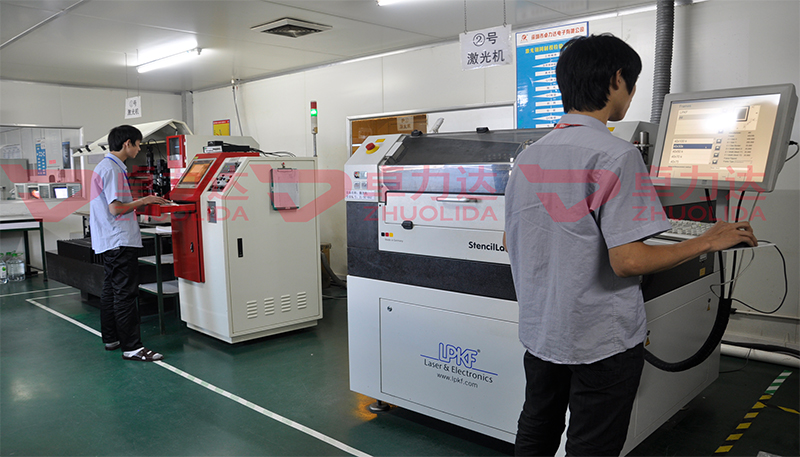
Using a self-etching primer on stainless steel can be effective, but it requires special considerations to ensure adhesion and durability. Stainless steel is non-porous
and has a smooth, corrosion-resistant surface, which makes it challenging for paint or primer to bond directly. A self-etching primer contains acids that lightly "etch"
the surface, creating a better bond for paint layers.
Here's how to properly apply self-etching primer on stainless steel:
1. **Clean the Surface**: Thoroughly clean the stainless steel with a degreaser to remove any oils, dirt, or fingerprints. Any contaminants can interfere with adhesion.
2. **Scuff the Surface**: For better adhesion, lightly scuff the surface with a fine abrasive pad or sandpaper (like 400-600 grit) to create a surface profile for the primer.
3. **Apply the Self-Etching Primer**: Spray or brush the self-etching primer according to the manufacturer’s directions. Apply thin, even coats, usually allowing each
layer to dry as recommended before applying the next.
4. **Drying Time**: Allow the primer to cure fully. This can vary depending on the primer type, so follow the instructions for best results.
5. **Apply Topcoat**: Once the primer is fully cured, apply your desired paint or topcoat. The self-etching primer will provide a durable, adherent surface for the top
layer.
### Notes
- Self-etching primers work best with automotive paints or specialized coatings.
- Not all self-etching primers are suitable for stainless steel, so double-check the product's specifications.
Contact: andy_Lai
Phone: 18938693450
E-mail: yw9@zldsmt.com
Add: Building A3, Huafa Industrial Park, Fuyong Town, Fuyuan Road, Fuyong Town, Baoan District, Shenzhen,China